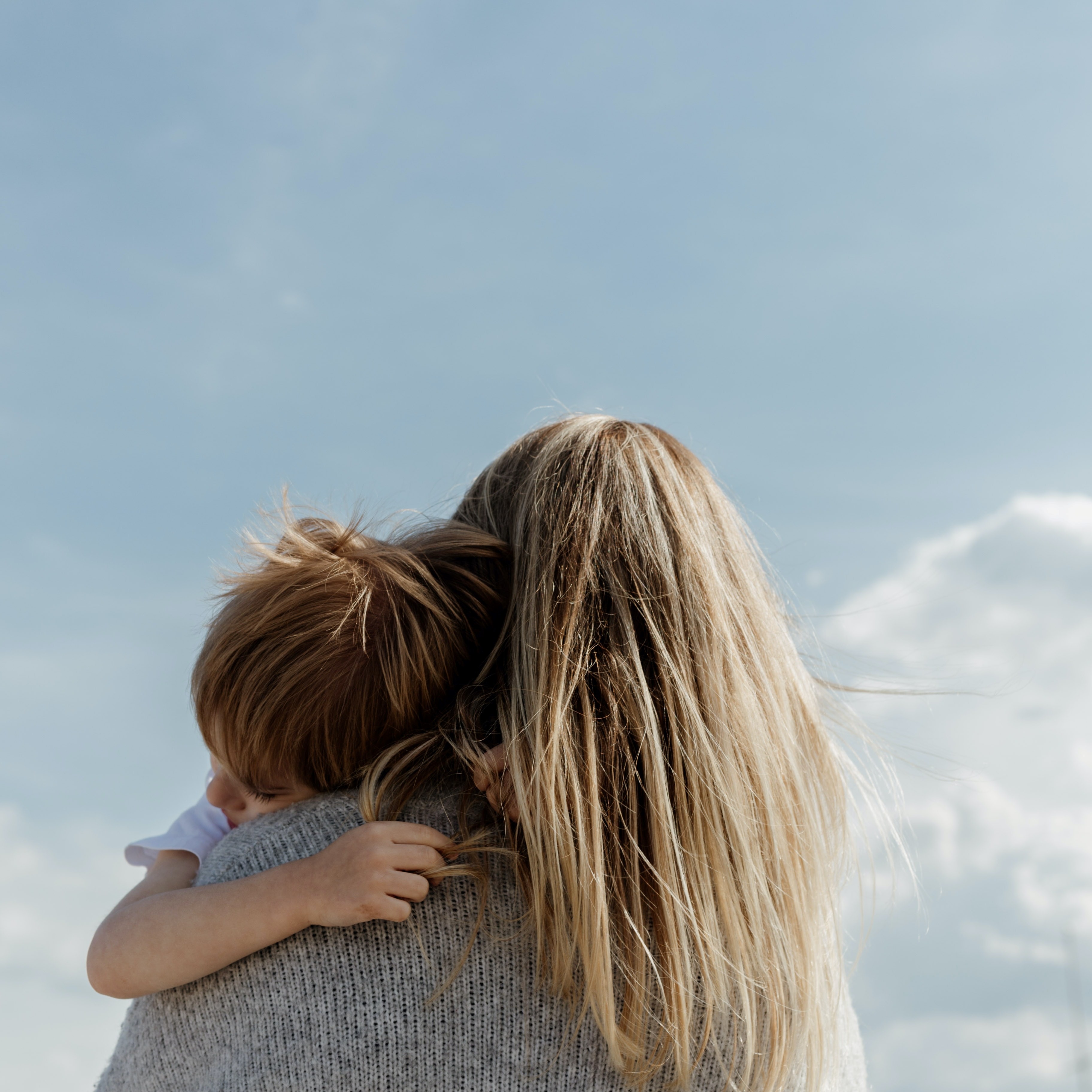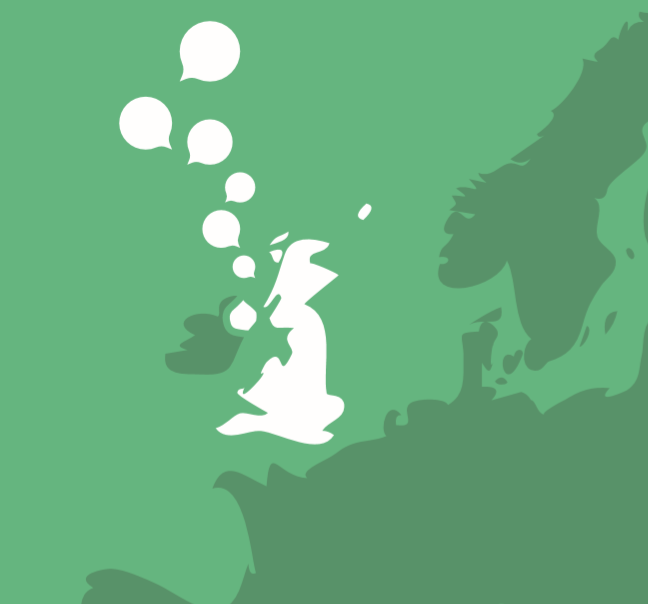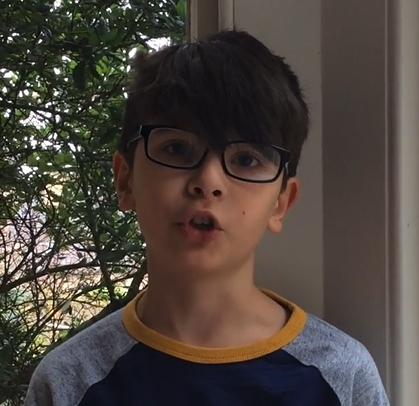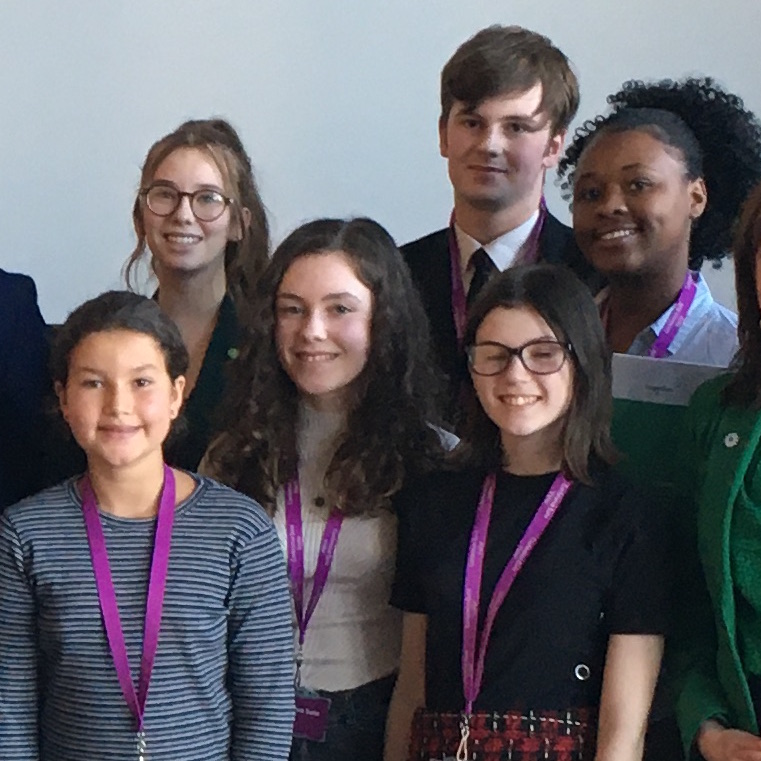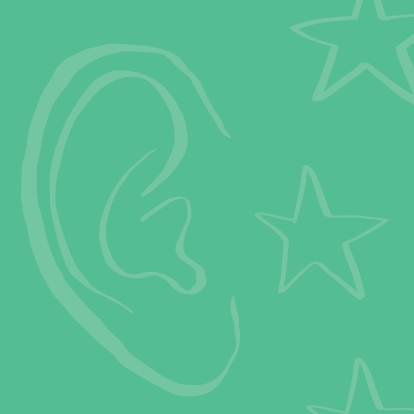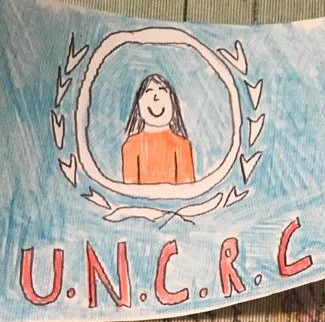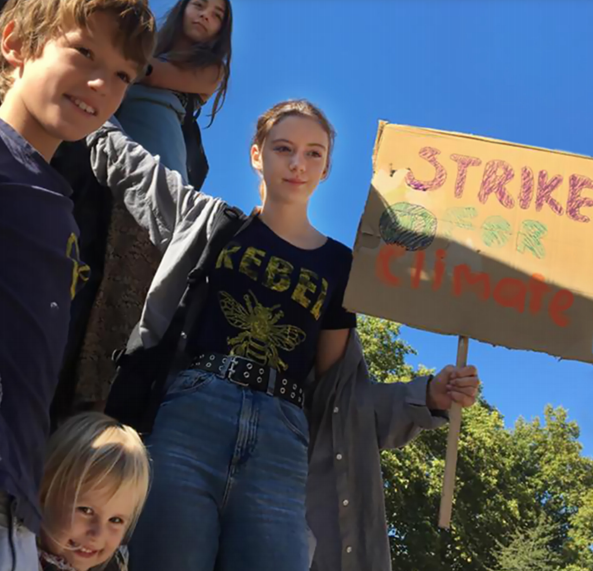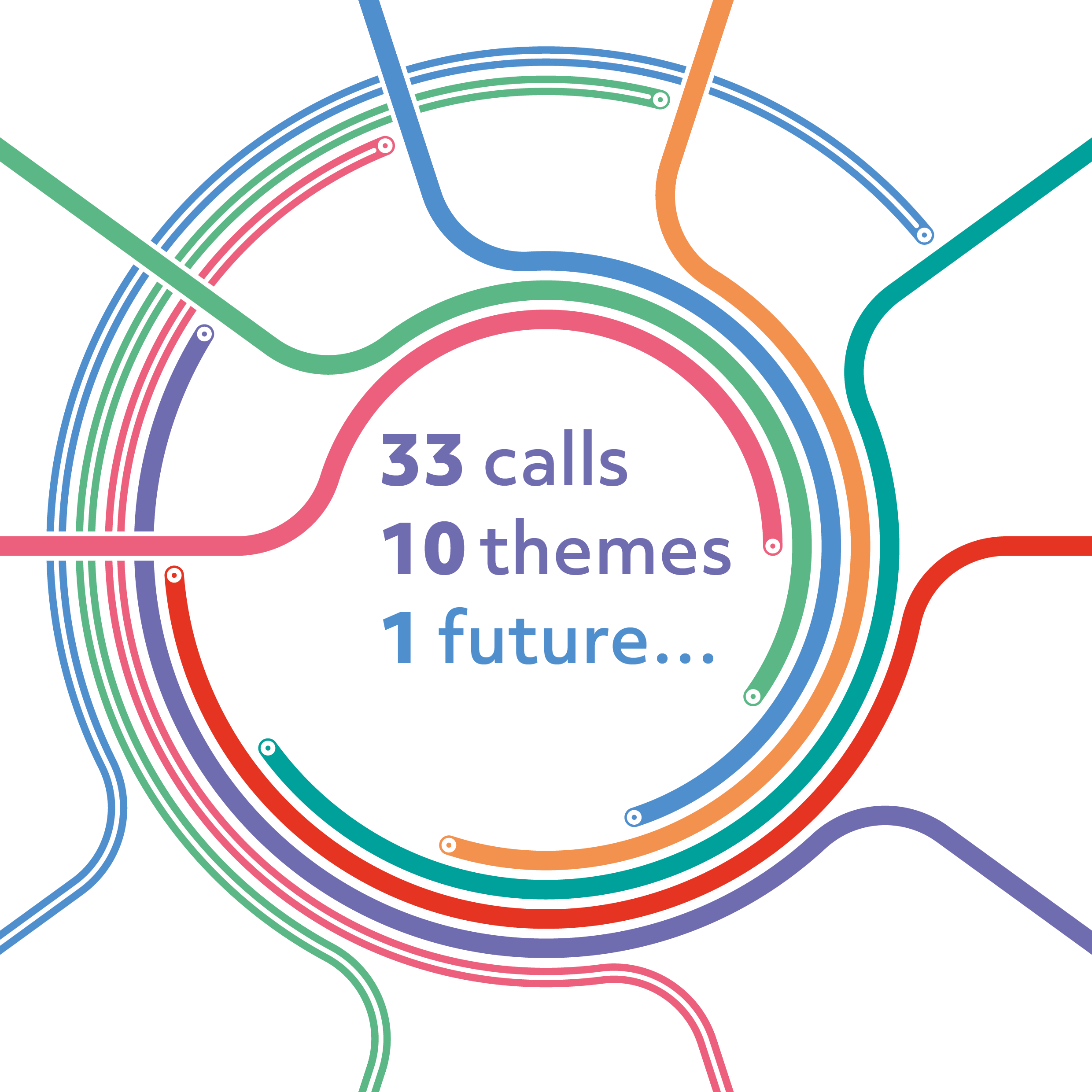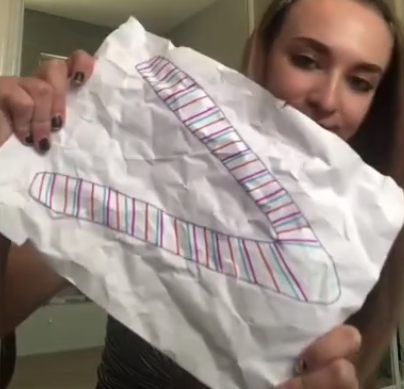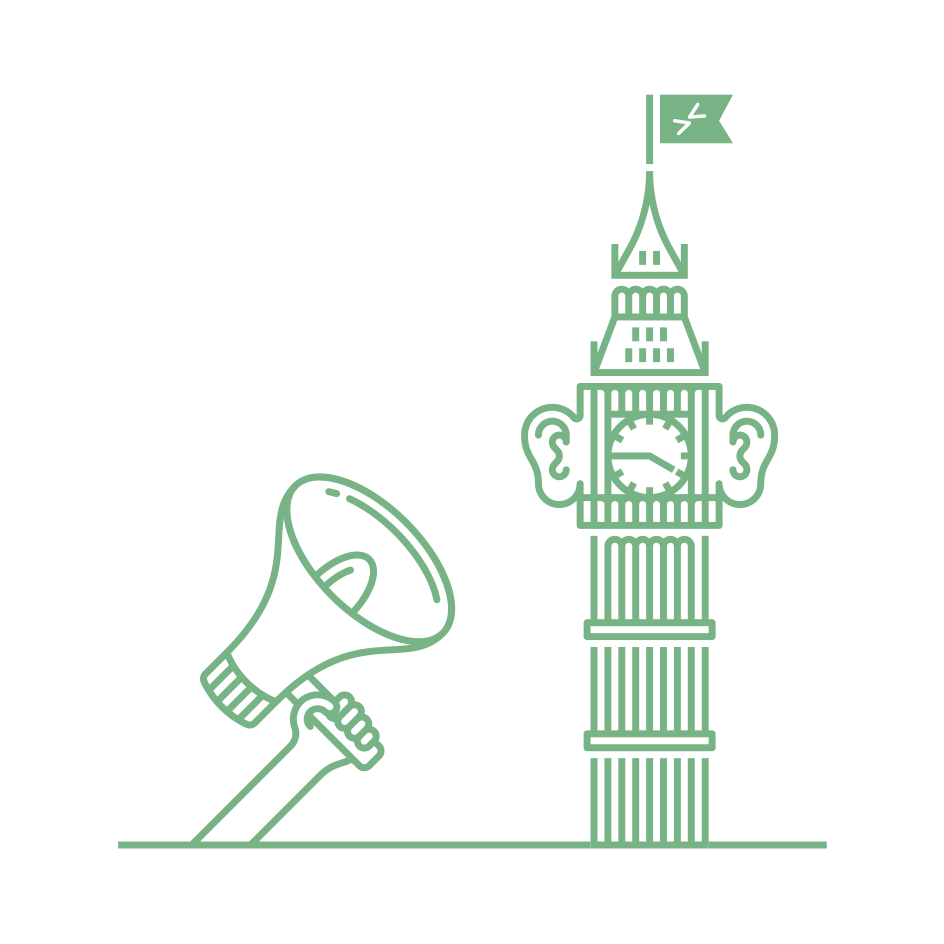Economy ‘must be redesigned’ with focus on wellbeing and environmental sustainability
17 November 2022
Children in Scotland has joined more than 100 other organisations calling for Scotland to make a wellbeing economy a reality.
An open letter, issued yesterday (16 November) to First Minister Nicola Sturgeon, once again calls for the Scottish Government to put wellbeing and environmental sustainability at the heart of all economic decisions.
Signatories welcome measures already put in place, such as the first Wellbeing Economy monitor, but stress progress is not happening fast enough.
The letter urges Nicola Sturgeon to transform Scotland’s National Performance Framework into a Wellbeing Framework and strengthen its power and reach.
Other calls include using devolved tax powers for a better distribution of wealth; investment in social security; universal basic services and reshaping the business landscape to prioritise enterprises that enhance collective wellbeing.
Amy Woodhouse, Children in Scotland’s Head of Policy, Projects and Participation, said:
“Scotland is still fighting what can often feel like an impossible battle when it comes to poverty and inequality. We know turning the tide on these will make a real terms improvement to people’s lives and collective wellbeing – but we cannot make this happen until we create conditions that provide the basis for change.
“Last year, in collaboration with Carnegie UK Trust, Cattanach and lead author Dr Katherine Trebeck we published our Being Bold report, outlining why and how to build budgets for collective wellbeing. In it we called for an economy that is outcomes-oriented, rights-based, preventative and participatory.
“Our 2021-26 Manifesto also places wellbeing at the heart of its ambitions for the economy, calling for a comprehensive Wellbeing Budget and an annual Scottish budget that is designed and implemented with the goal of improving the wellbeing of all.
“Last week at our annual conference, a panel of experts including Dr Lukas Bunse, policy and engagement lead for the Wellbeing Economy Alliance in Scotland, Juliet Harris, director of Together (Scottish Alliance for Children’s Rights), Jennifer Wallace, Director (Policy and Engagement), Carnegie UK Trust, and Dr Marsha Scott, Chief Executive of Scottish Women's Aid again highlighted the importance of the Scottish Government taking a wellbeing approach to budgeting.
"They stressed how urgent this was, particularly in the context of children’s rights and our current cost-of-living crisis.”
“The commitment of the organisations who have been involved in our work so far, and our fellow signatories to the letter, demonstrate an appetite for change and a commitment from across sectors to move our economy forward so that it can better serve the society we want to create.”
The letter, co-ordinated by the Wellbeing Economy Alliance Scotland, was submitted ahead of the Wealth of Nations 2.0 Conference which takes place on 22 November in Glasgow. The event will bring together fellow senior representatives of the Wellbeing Economy Governments partnership, of which Scotland is a founding member.
Click here to read the letter in full
Click here for more on our Being Bold: Building Budgets for Children’s Wellbeing report, published in March 2021
Click here to view the Manifesto 2021-26
Click here to read a social media summary of day one of our annual conference

An open letter to the First Minister
Calls for the economy to be redesigned, signed by more than 100 organisations
Click here to access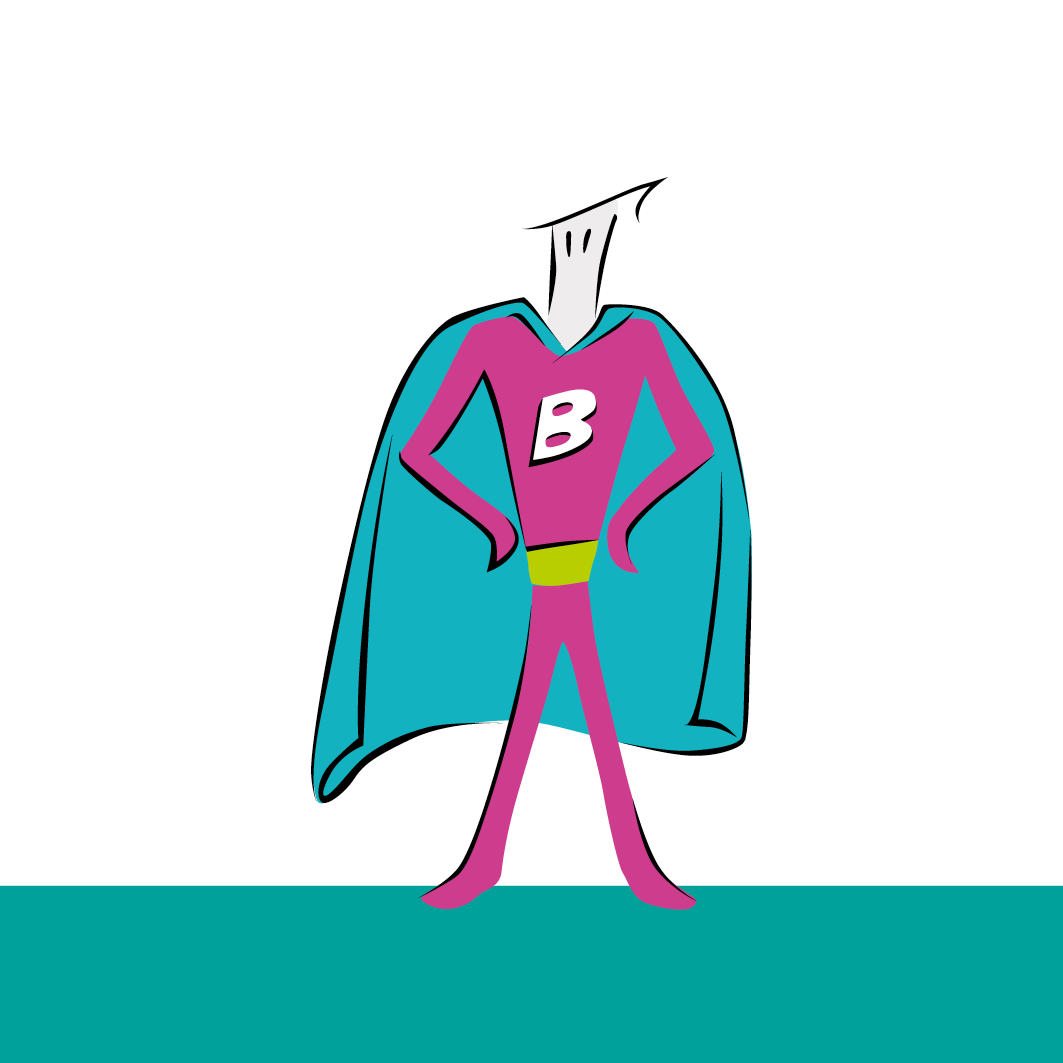
Being Bold
A major report calling for the Scottish Government to make radical changes to budgeting
Click here to find out more
Manifesto 2021-26
Our calls to improve the lives of children, young people and familie
Click here to view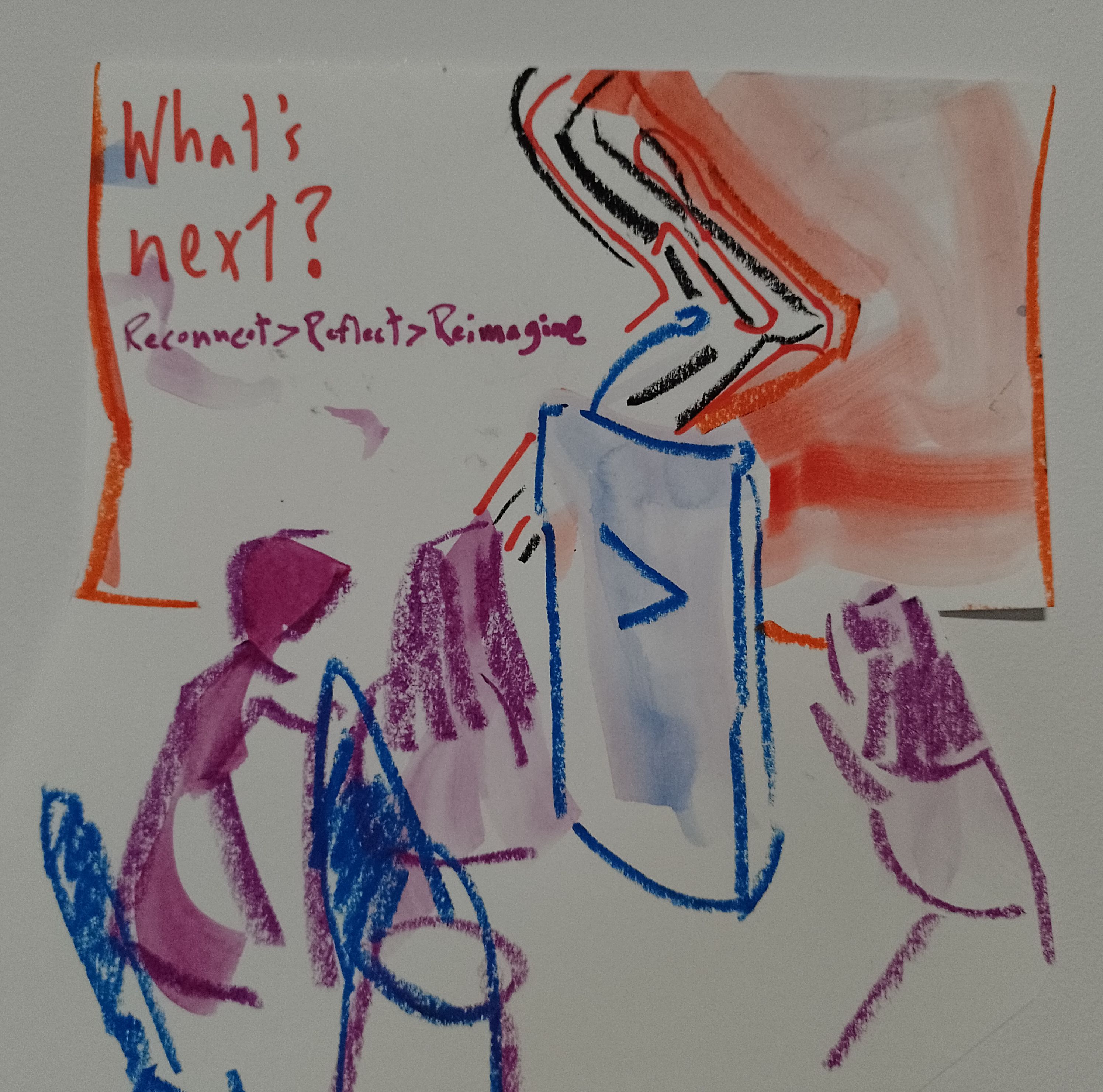
Annual conference 2022: Day 1
Explore the highlights from day one of our annual conference
Click here to access